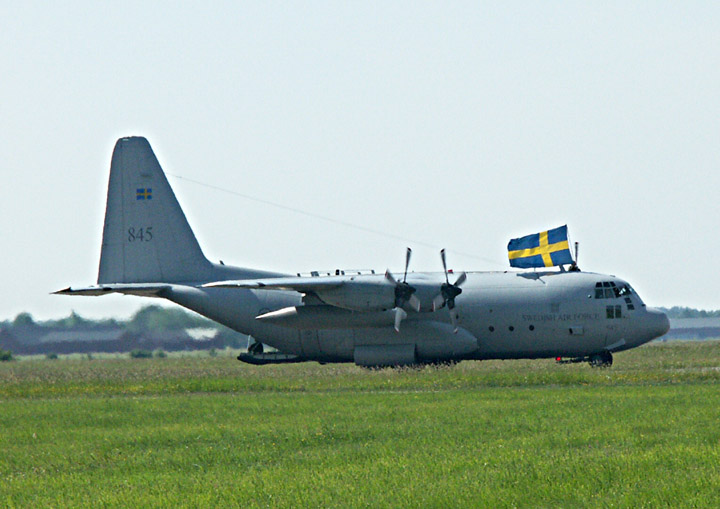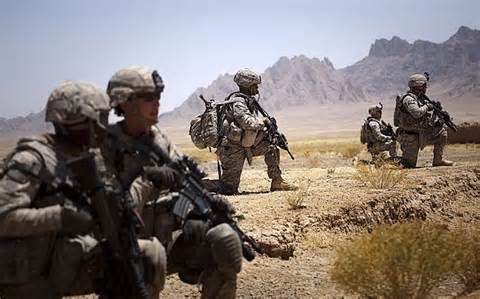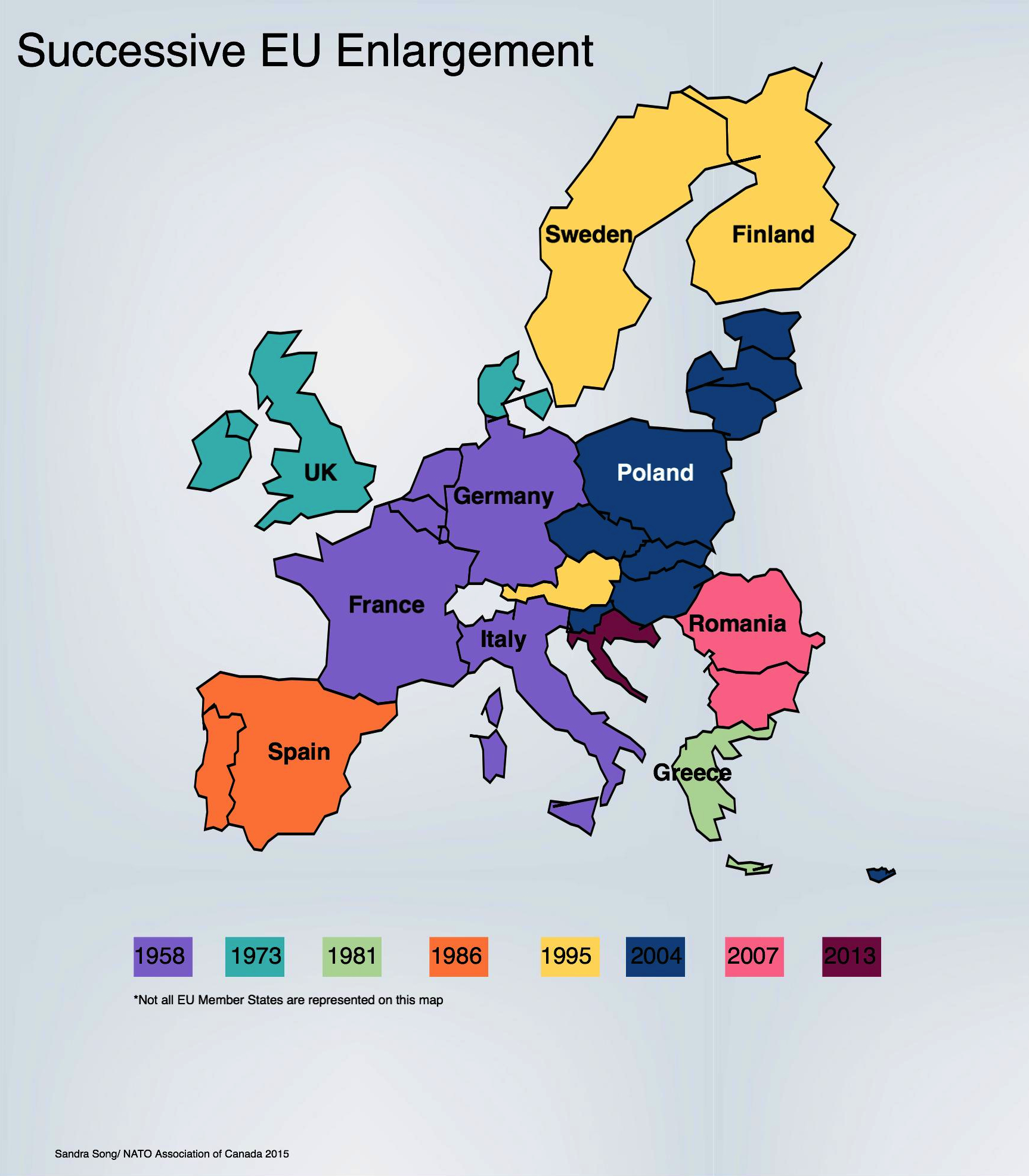In late 2012 the Supreme Commander of the Swedish Forces, Sverker Göranson, made headlines when he suggested that if Sweden were attacked by a hostile military power it could not defend itself for more than a week without turning to foreign powers for help. These comments have provoked a still-ongoing debate about Sweden’s defense policy and its relationship with its security partners. They have thrown into sharp relief the ambiguous position Sweden inhabits with its policy of official neutrality that contrasts with its very close cooperation with NATO.
Strategic Neutrality
For the better part of 200 years, since the end of the Napoleonic Wars, Sweden has maintained a policy of armed neutrality. Indeed, the Scandinavian country has a good claim to being the second-longest continuously neutral political entity in the world, second only to the Swiss.
However, Swedish neutrality has always had a somewhat different quality than the firm neutrality policy of countries such as Switzerland and Austria, where neutrality forms the bedrock of national identity. Sweden’s decision to remain neutral has arguably always rested on strategic calculations. In earlier times the aim was to avoid getting dragged into great-power conflicts in the European state system. During the Cold War, neutrality allowed Sweden to pursue an independent activist foreign policy based on its reputation as an honest broker between the power blocs.
At the same time, while Sweden did officially remain non-aligned with respect to the bipolar order of the Cold War, the country entered into a secret formal and later informal agreement with NATO member countries that provided Sweden with a security guarantee in the event that it was attacked, agreements directed naturally against the Soviet Union.
A Special Partner
Ever since the fall of the Iron Curtain this cooperation between Sweden and NATO has become ever more explicit and engaged. For instance, Sweden became an early member of NATO’s Partnership for Peace program in 1994, and participated in the NATO-led peacekeeping missions in Bosnia and Herzegovina as well as in Kosovo with the provision of armed units. Furthermore, Sweden is a member of the International Security Assistance Force (ISAF) in Afghanistan, where it headed the Provincial Reconstruction Team in Mazar-i-Sharif between 2006 and 2012, with responsibility for four provinces in the north of Afghanistan. Today, close to 300 Swedish soldiers are still deployed to Afghanistan.
Strikingly, Sweden was the only country neither a member of NATO nor of the Arab League to participate in the intervention in the Libyan Civil War in 2011, a mission inarguably going far beyond peacekeeping. Sweden’s air force, often considered one of the world’s best, played a very significant role during the intervention, not by engaging in armed combat, but by flying a disproportionately large number of reconnaissance missions that provided NATO with invaluable information. Interestingly, participation in the NATO-led received support from large parts of the Swedish public. Indeed, the intervention was more popular in Sweden than in most NATO countries.
It is little wonder then that Secretary-General Anders Fogh Rasmussen named Sweden NATO’s “most active partner” in early 2013. At the same time however, he reminded Swedes that collective defense applies only to NATO countries, and that Sweden cannot have all the benefits of NATO membership without actually joining.
A Future Member?
With Russia’s remilitarization and renewed assertiveness in its foreign and military policies, clearly put on display with the staging of a mock attack on Sweden in March of 2013, these questions are no sideshow in the current Swedish national debate. While EU-membership and recent developments in the EU’s Common Security and Defence Policy have provided Sweden with tighter security links with its partners, the CSDP does arguably not provide the same kind of guarantee that Article 5 of the Atlantic Treaty provides NATO members.
In fact, whereas valuations of the continuing relevance of NATO membership are often thought to have somewhat diminished in most West European countries after the Cold War, the Atlantic Alliance has become increasingly popular in Sweden in recent years. Opinion polls conducted by the Swedish daily Svenska Dagbladet in mid-2013 suggest that close to a third of respondents favored Sweden joining NATO, a marked increase over the last few years.
Furthermore, arguably in light of concerns regarding political developments in Russia, Sweden has begun taking steps to join the NATO Response Force, a high-readiness quick response force under the NATO umbrella. This move is not only supported by the centre-right Swedish government that has traditionally been very NATO-friendly, but also by the opposition Social Democrats, the traditional stewards of Sweden’s neutrality policy.
Thus, Sweden’s relations with NATO show how longtime security partnerships are ever evolving in new ways, and that the possibility of NATO accession is not just an issue of concern to transition countries. Even after half a century of coexistence and cooperation, membership is not out of the question for Sweden.




